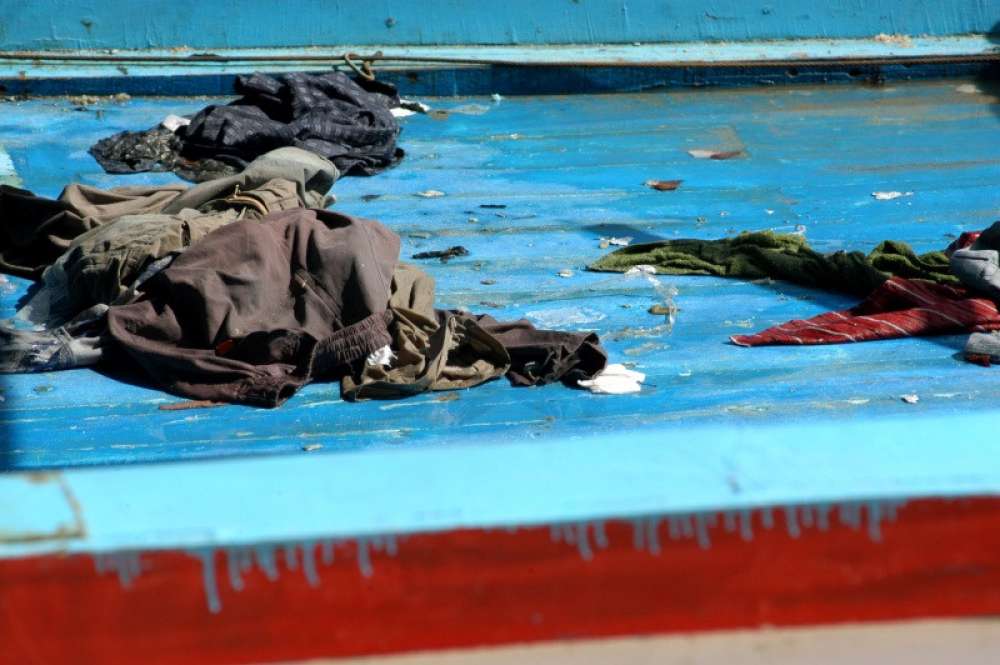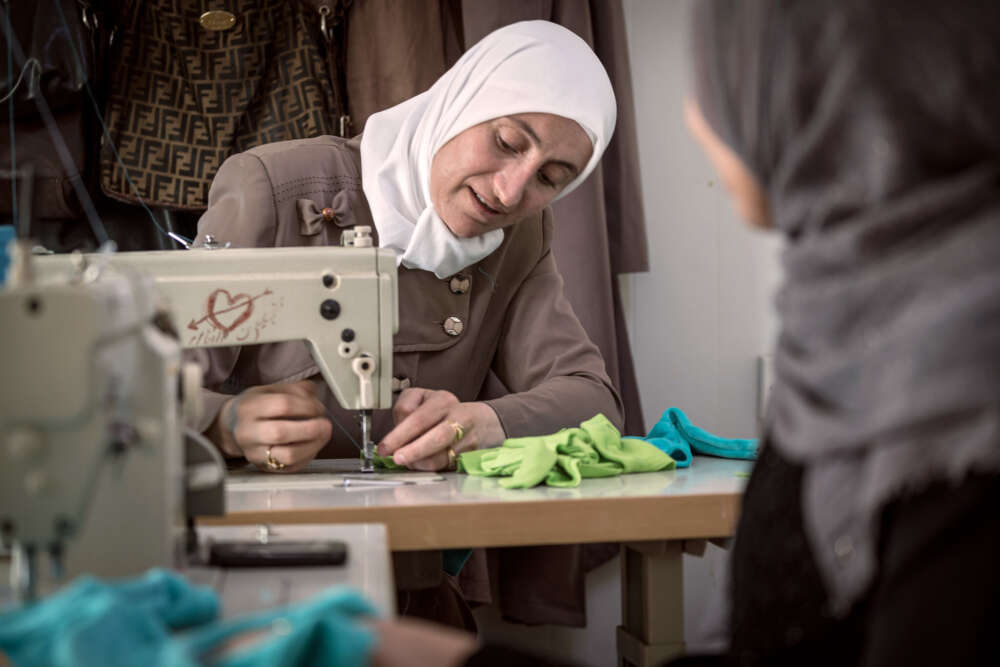Problems Not Solved: The EU Asylum Law Reform Is a Bad Compromise

With the recent vote in the European Parliament, it’s a done deal: the EU will adopt the farthest-reaching reform in the history of its Common Asylum System (CEAS). When it takes effect in 2026, the reform will fast-track procedures at the Union’s borders, lead to the detention of more asylum seekers whose applications have statistically lower chances of success, and expand the use of the CEAS’s “Safe Third Countries” rules.
For the time being, this realpolitik compromise ends years of wrangling. Germany’s Chancellor Olaf Scholz has hailed the agreement as “historic.” The day before the parliamentary vote, German Foreign Minister Annalena Baerbock advocated for what she called a “hard-negotiated reform” even though the German government had no real imprint on it – and different factions of her own Green party were still contesting it. And to the annoyance of some German Greens at the federal level, the European Greens ended up voting against the reform.
Indeed, the negotiated compromise is a bad one: it does nothing to address the most important structural and political problems of the EU asylum system. These are: (1) the lack of political incentives to harmonize asylum systems and refugee reception practices; (2) the EU’s dependence on third countries; and (3) the lack of compliance with less “popular” rules.
Besides established family ties, the most important driver of the unbalanced distribution of newly arriving asylum seekers across the EU’s member states is that the conditions in each country – for example, regarding asylum procedures, accommodations, or the labor market – are so different. Such diverging conditions also encourage asylum seekers to migrate within the EU, and particularly to Germany. In the period between January and August 2023, other member states should have been responsible for handling more than 38,000 of the asylum application cases processed in Germany. And there is also a significant number of people who should actually have been registered in another EU country (although this figure is smaller than widely assumed). But by and large, transfers to other EU countries are blocked by authorities in Germany and in other EU countries. In Germany, it is the courts that rightly ensure people are not transferred to places where they would face harsh conditions that amount to ill-treatment.
Yet, there is nothing in the reform that would provide incentives for member states to improve the conditions for asylum seekers. In particular, the reform does not affect the controversial Dublin Regulation, which assigns the responsibility for processing a given asylum application to the EU state that “allowed” that asylum seeker to first enter EU territory de jure or de facto. At the same time, the newly decided solidarity mechanism – intended to support the main EU host countries – is too weak. As experience from recent years shows, less-affected states are unlikely to voluntarily accept refugees, although this is what the mechanism proposes.
In reacting to right-wing populism, democratic parties in all EU states have allowed themselves to be pushed into a corner. Now, the only currency for political success is a drastic reduction in the number of arrivals. However, the only legally possible (even if difficult) way of substantially reducing these numbers is political cooperation with third countries. Even the application of the new, less demanding rules on “Safe Third Countries” remains dependent on these third countries’ political willingness to accept refugees. Yet, nothing in the reform will strengthen the political will in third states to improve their own asylum system so that it meets European requirements. On the contrary: the prospect of acting as a refugee reception center for the EU has never been attractive for any country.
One of the biggest current problems of the CEAS is non-compliance with the minimum standards that were jointly agreed upon years ago. Pushbacks, criminal proceedings against sea rescuers and other humanitarian aid workers, lack of legal protection, poor procedures, and inadequate accommodation – none of these are actually permissible. But instead of strengthening control mechanisms for compliance, the reform creates new loopholes. The European Commission, mandated to be the “guardian of the treaties,” has long since ceased to fulfill this control function for fear of anti-EU headwinds. But these same lax-to-openly dismissive attitudes toward EU law have contributed to the right-wing populist exploitation of asylum issues in recent years. The EU has reached a point where it is apparently considered easier to negotiate with the Tunisian president than to achieve better treatment of asylum seekers on EU soil in accordance with EU minimum standards.
Whether or not a different reform would have been possible with the current political balance in Europe is no longer a pressing question. The German Federal Government must now contribute to implementing the bad compromise. The fact that the compromise is bad obliges the governing coalition partners even more: Over the next two years, Berlin must play a leading role to strengthen compliance with fundamental rights when building up the new CEAS. It must push to improve control mechanisms in the EU institutions and in the member states. In particular, the European Commission – soon to be newly or re-appointed and now freed from the burden of the legislative process – needs to take its control function in the area of asylum seriously again and reconsider its reluctance to engage in infringement proceedings.
The German government must also object to EU cooperation with third countries that do not uphold human rights and refugee law safeguards. And finally, in response to right-wing populism, it must set the example of a constructive domestic policy approach to asylum issues: instead of making promises that are difficult to keep – such as outsourcing asylum procedures to third countries – it must enable increased public investment in municipal infrastructure, education, and social housing that benefits both refugees and the local population.
A German version of this commentary was published by ntv.de on April 14, 2024.







